Are Moving Expenses a Taxable Benefit in Canada?
No, moving expenses paid by your employer are usually not a taxable benefit in Canada. The Canada Revenue Agency (CRA) has a specific list of moving expenses that employers can pay or reimburse without creating a taxable benefit for you. However, if your employer pays for expenses not on this approved list, those payments become taxable benefits.
When Moving Expenses Are Not Taxable Benefits
The good news is that most common moving costs are not taxable benefits when your employer pays for them. According to the official CRA guidelines, employers can reimburse many moving expenses without tax consequences, including:
Transportation and Storage Costs
- Cost of hiring professional movers
- Packing and unpacking services
- Storage fees during your move
- Insurance for your belongings
- Moving personal items like cars, boats, or trailers
Travel Expenses
- Gas and vehicle costs for the trip to your new home
- Hotel stays during your move
- Meals while traveling (reasonable amounts)
- Flights if you're moving long distance
Home-Related Costs
- House hunting trips to your new location
- Real estate fees and legal costs to sell your old home
- Legal fees to buy your new home
- Mortgage penalties for early payment
- Utility disconnection and connection fees
Temporary Living Expenses
- Hotel or temporary housing costs while waiting to move into your new home
- Meals during temporary stays
- Storage of belongings during the transition
Administrative Costs
- Getting a new driver's license
- Vehicle registration in your new province
- Updating legal documents with your new address
- Canceling lease agreements
When Moving Expenses Become Taxable Benefits
If your employer pays or reimburses moving costs that the CRA doesn't include on the approved list, those amounts are generally considered taxable benefits. Common taxable moving benefits include:
Home Improvement Costs
- Renovations to make your old house sell faster
- Decorating or staging costs
- Repairs that aren't necessary for the sale
Investment-Related Expenses
- Losses from selling your home below market value
- Real estate investment advice
- Property management fees
Non-Essential Services
- Premium moving services beyond basic needs
- Excessive temporary living costs
- Luxury accommodations during the move
The $650 Rule Exception
There's a special rule for small moving allowances. According to the CRA's employer tax guide, a non-accountable allowance of $650 or less for incidental moving expenses is considered a reimbursement, not a taxable benefit. This means if your employer gives you $650 or less for misc moving costs without requiring receipts, it won't be added to your taxable income.
What Happens If You Get Taxable Moving Benefits
When your employer pays for non-approved moving expenses, here's what happens:
For You as an Employee
- The benefit amount gets added to your employment income
- You'll pay income tax on this extra amount
- You may be able to claim some moving expenses as deductions on your tax return
- GST/HST on the benefit also counts as taxable income
For Your Employer
- They must include the benefit on your T4 slip
- They need to withhold proper income taxes
- They must report it in the "Other Information" area with code 40
How to Claim Moving Expense Deductions
Even if your employer doesn't reimburse your moving costs, you can often deduct them yourself. Here's how it works:
Who Can Claim Moving Expenses
You can claim moving expense deductions if:
- You moved to work or run a business at a new location
- Your new home is at least 40 kilometers closer to work
- You're a full-time student moving for school
- You paid the expenses yourself
According to Statistics Canada data, approximately 11% of Canadians move each year, with many qualifying for these tax benefits.
What You Can Deduct
The CRA allows you to deduct many moving costs, such as:
Transportation and Storage
- Professional moving companies
- Truck rentals
- Packing supplies and services
- Storage fees
- Insurance coverage
Travel Costs to Your New Home
- Vehicle expenses (gas, hotels, meals)
- Flights for long-distance moves
- Temporary living expenses for up to 15 days
Home-Related Expenses
- Real estate commissions and legal fees
- Cost to maintain your old home when vacant (up to $5,000)
- Lease cancellation fees
- Utility connection and disconnection charges
Using Form T1-M
You need to complete Form T1-M (Moving Expenses Deduction) to calculate your moving expense deduction for line 21900 of your tax return. This form helps you:
- Track all your eligible expenses
- Calculate how much you can deduct
- Carry forward unused deductions to future years
Special Rules and Considerations
Income Requirements
You can only deduct moving expenses against employment or self-employment income earned at your new work location. You can't use them against:
- Investment income
- Employment insurance benefits
- Rental income
- Other types of income
Carrying Forward Expenses
If your moving costs are higher than your new job income in the year you moved, don't worry. You can carry forward the unused expenses and deduct them against your income from the new location in future years.
Employer Reimbursement Rules
If your employer reimburses some of your moving expenses, you can only claim the unreimbursed portion as a deduction. You must either:
- Include the reimbursement in your taxable income, or
- Reduce your claimed expenses by the amount you received
Record Keeping
Keep all your moving expense receipts and documents. While you don't need to send them with your tax return, the CRA may request them to support your claim. The TurboTax Canada guide recommends keeping these documents for at least six years in case of an audit.
Planning Your Move for Maximum Tax Benefits
Work With Your Employer
Before your move, discuss with your employer which expenses they'll cover. Focus on getting reimbursement for expenses that are clearly non-taxable benefits according to the CRA list.
Document Everything
Keep detailed records of all moving costs, even if your employer is paying. This helps if there are questions about what's taxable versus non-taxable.
Consider Timing
If you're moving late in the year and expect higher income next year, you might benefit from paying some expenses yourself to claim as deductions against higher future income.
Common Mistakes to Avoid
Double-Dipping
You can't claim moving expenses as deductions if your employer reimbursed you for them and didn't include them as taxable income. This is considered double-dipping and isn't allowed.
Wrong Income Types
Remember, you can only deduct moving expenses against employment or self-employment income from your new location. Using them against other income types will trigger CRA review.
Missing the Distance Test
Your new home must be at least 40 kilometers closer to your workplace. Measure this carefully using normal travel routes, not straight-line distance.
What This Means for Different Situations
Job Transfers
If your current employer transfers you to a new location, they can typically reimburse most standard moving costs without tax consequences. Work with HR to understand your company's moving expense policy.
New Job With Different Employer
When starting with a new employer, negotiate moving expense coverage during your job offer discussions. Get agreements in writing before you move.
Self-Employed Individuals
If you're self-employed and moving for business reasons, you can deduct eligible moving expenses against your business income from the new location.
Students
Full-time students can deduct moving expenses when relocating for school, including moves for summer jobs or co-op programs, as long as they meet the 40-kilometer rule.
Getting Professional Help
Moving expense tax rules can be complex, especially when employers are involved. Consider getting help from a professional moving company who understands these rules, or consult with a tax professional if you have complicated moving expense situations.
For moves within Alberta, local Edmonton movers can often provide guidance on which expenses are typically reimbursable by employers.
Final Thoughts
Moving expenses are usually not taxable benefits when your employer pays for approved costs like moving services, travel, and home sale expenses. However, non-approved expenses become taxable benefits that increase your income.
The key is understanding which expenses are on the CRA's approved list and planning your move accordingly. Whether you're getting employer reimbursement or claiming deductions yourself, proper documentation and understanding of the rules will help you minimize your tax burden while relocating.
If you're planning a move in Alberta, consider working with professional movers who understand both the logistics and tax implications of relocating. With proper planning, you can make your move both smooth and tax-efficient.



